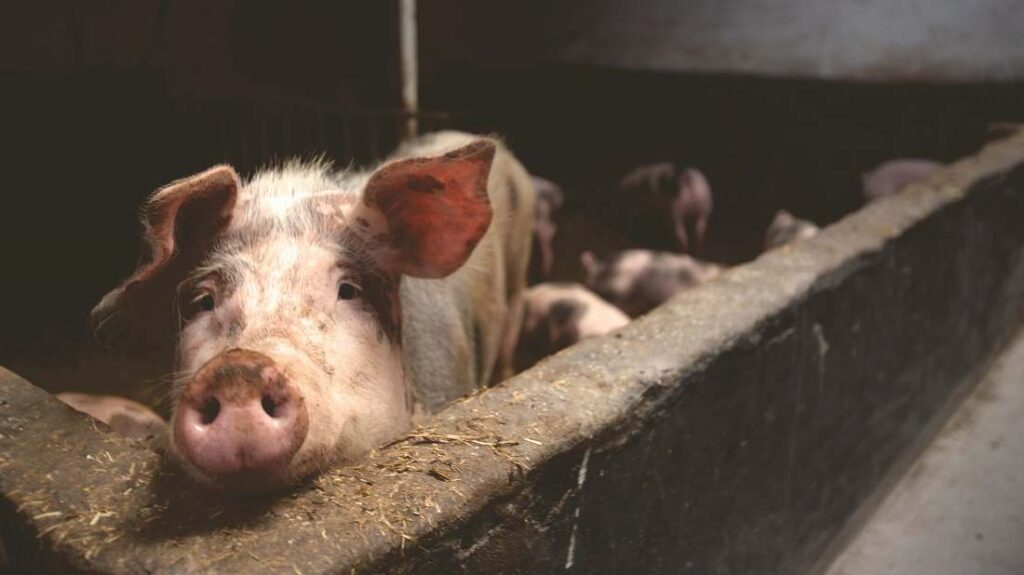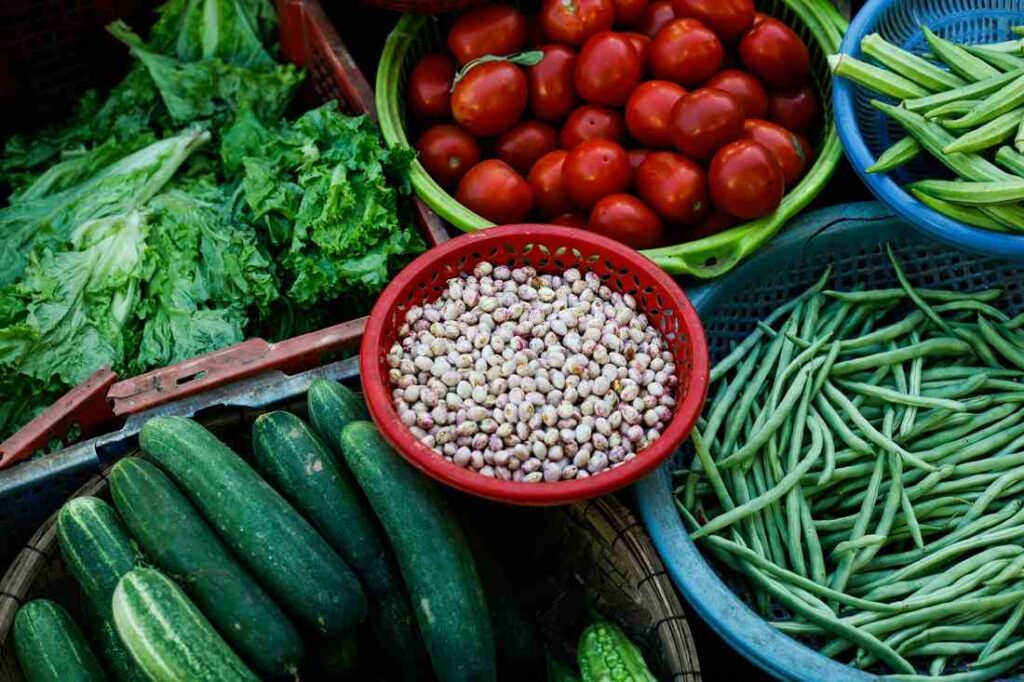
Many Nigerians have come under serious hard times since Asiwaju Bola Ahmed Tinubu became the president of the country in 2023. Issues like fuel subsidy removal and frequent scarcities, instability of the exchange rate and the subsequent skyrocketing of prices of common items and services as well as the electricity tariff increases and obscure tax schemes, among others, have left many Nigerians feeling less than hopeful under Tinubu’s administration.
Those who were once ardent supporters of the “Godfather” of the All Progressive Congress (APC) have suddenly become critics. Tinubu’s administration has been described with different labels such as “Renewed Shege”, “Sapa Government”, etc, in reference to people’s suffering.
Many Nigerians have recounted seeing the unique “Naija spirit” that helps them survive any situation and find peace in challenges dampening. But it’s best to keep hope alive and keep pushing.
Below are 7 strategies that could help one survive economic hardship under Tinubu’s government:
1. Engage in subsistence farming
Embracing subsistence farming during an economic crisis is a good strategy for survival. Cultivating crops and tending to livestock for personal consumption will not only reduce food expenditure but also ensure access to nutritious food.
Households with spare land could plant simple food crops like yam, maize, and potatoes or set up a garden for vegetables like tomatoes, peppers and greens. Home poultries to raise birds are also a good choice. This could help reduce the money spent on buying these items from the market. Perishable items could also be dried or refrigerated to make them last longer.

2. Diversify your income
Increasing your source of income is another good strategy to consider while trying to make ends meet during this bad economy. Having multiple sources of income will not only ease financial burdens but also reduce reliance on a single income stream.
Diversifying income can involve engaging in menial jobs, offering freelance services according to one’s skills such as graphic design, writing, or digital marketing, or selling homemade crafts or food items. An individual might also convert a part of their house into a rental unit for day or night guests.
3. Concentrate on personal and professional growth
There is no better time to grow professionally and acquire high-demand skills than now, especially if you are positioning yourself for the job market. You can improve your skills and qualifications through short courses or certifications that will help increase your employability. There are many free courses on YouTube, Coursera and LinkedIn to choose from.
Improving your health and well-being is also fundamental to personal growth. In a country like Nigeria, where access to quality healthcare can be limited and expensive, investing in preventive healthcare lifestyles like engaging in regular exercise, taking proper nutrition, and having adequate rest, not only enhances productivity but also reduces healthcare costs and improves overall quality of life.
4. Cut luxuries
It is best to avoid extravagant spending at this time. Prioritize needs over wants and consider buying cheaper or second-hand alternatives, or locally-made items. Resources should be allocated wisely, and prices of items should be compared before purchase to create avenues for savings wherever possible.
Maintaining a lifestyle where expenses consistently fall below income is a smart tactic for navigating Nigeria’s current economic conditions as it enables effective savings and prepares one to handle emergencies easily.
Moreover, luxury items are sometimes associated with excessive consumption of resources, production waste, and carbon emissions. By reducing consumption or usage of these goods and opting for more sustainable alternatives, individuals can minimize their environmental footprint and contribute to a healthier environment.
5. Engage in Stomach Adjustment Program (SAP)
Engaging in a “stomach adjustment program” means adopting measures to manage and optimize food consumption, nutrition, and food-related expenses as a strategy for surviving the harsh economic conditions in Nigeria. This approach recognizes the central role of food in daily life, health, and budgeting.
Exploring activities that can lower feeding costs is needed in times like this. It includes prioritizing locally available, affordable, and nutritious foods over junk or fast food options. A family might create a weekly meal plan based on seasonal and affordable ingredients, learn how to cook nutritious meals from scratch, using budget-friendly recipes, or buy rice, beans, and other non-perishable items in larger quantities from wholesale markets.
Reducing the frequency of meal intake a day is another SAP strategy to consider. It not only saves money but also promotes self-sufficiency, weight loss, and a more active lifestyle.
6. Get rid of cash, invest
It is wise not to keep excess cash on hand or idle to avoid theft, loss, impulsive spending, and devaluation due to inflation. Rather, one should invest it wisely by converting it into assets or commodities. Individuals can also look into starting a small-scale business or investing in assets like stocks, bonds, or real estate to augment income.

7. Lose weight, if you can
For people with more body mass than they need, losing weight can be a great survival strategy in these hard times. Maintaining a leaner weight could mean spending less on food and having increased energy to do more work that could bring more income.


